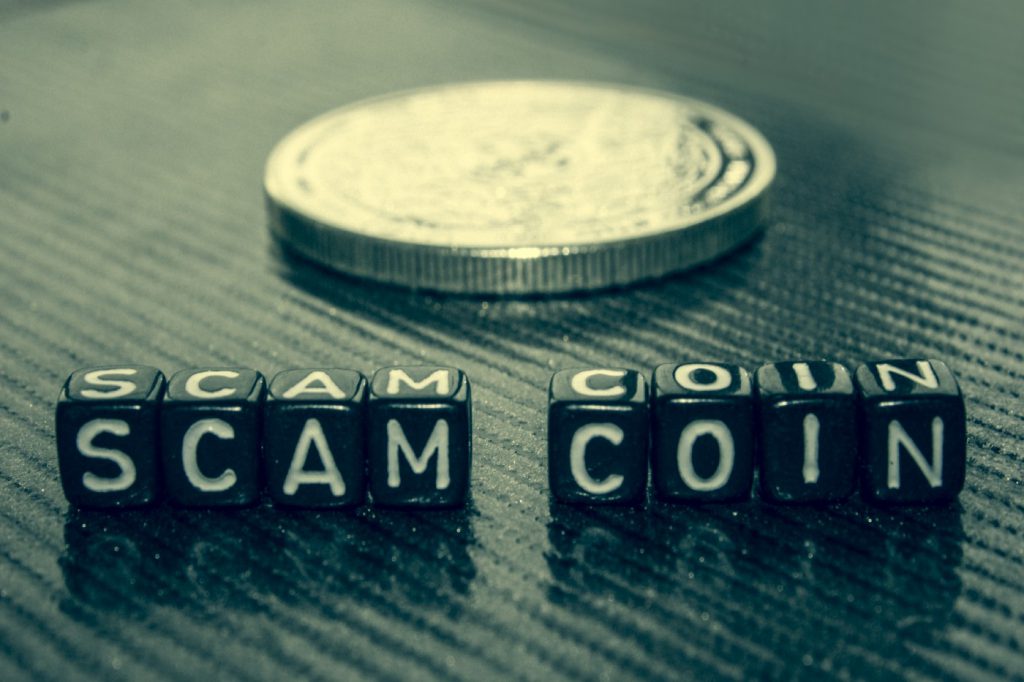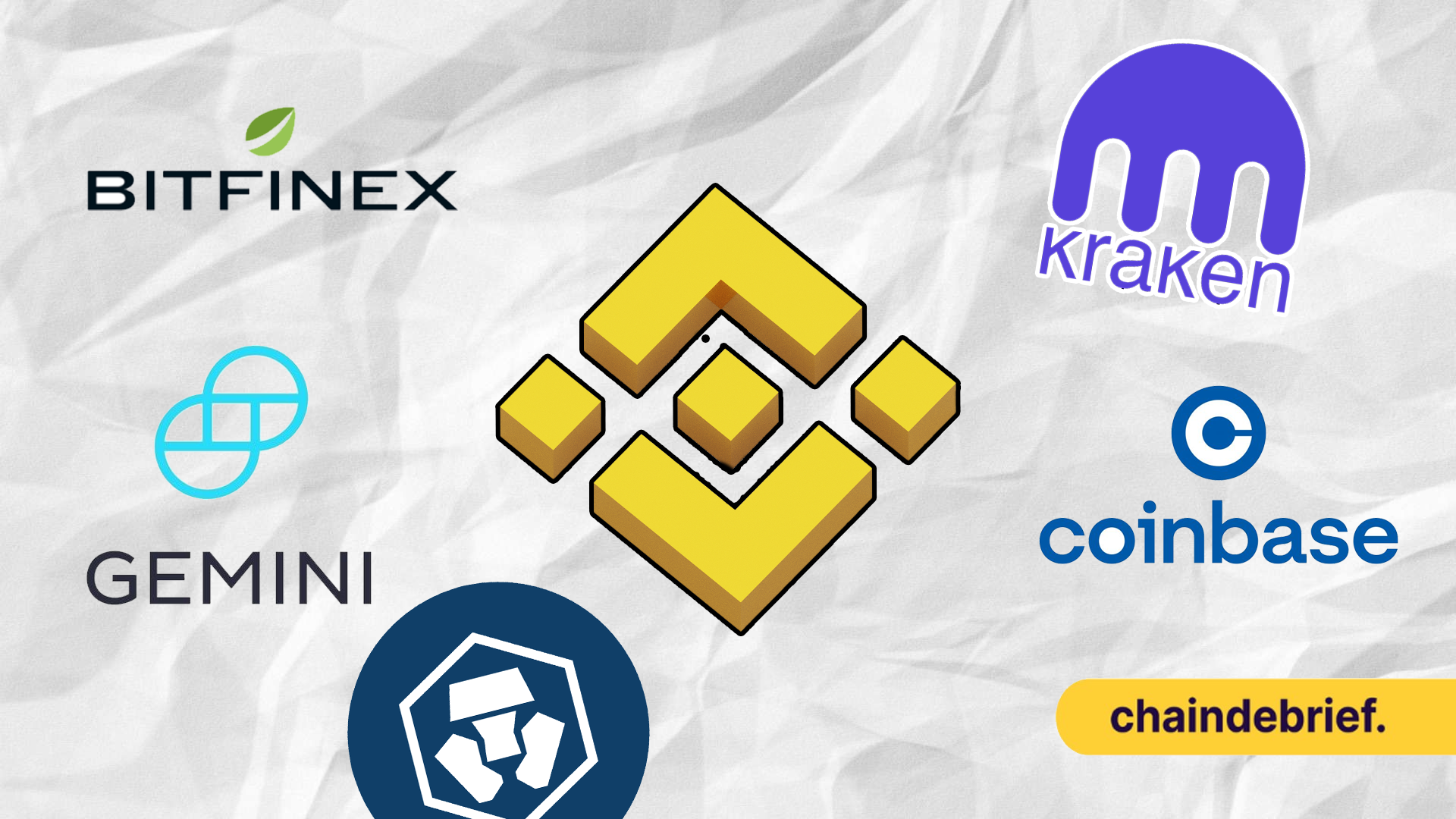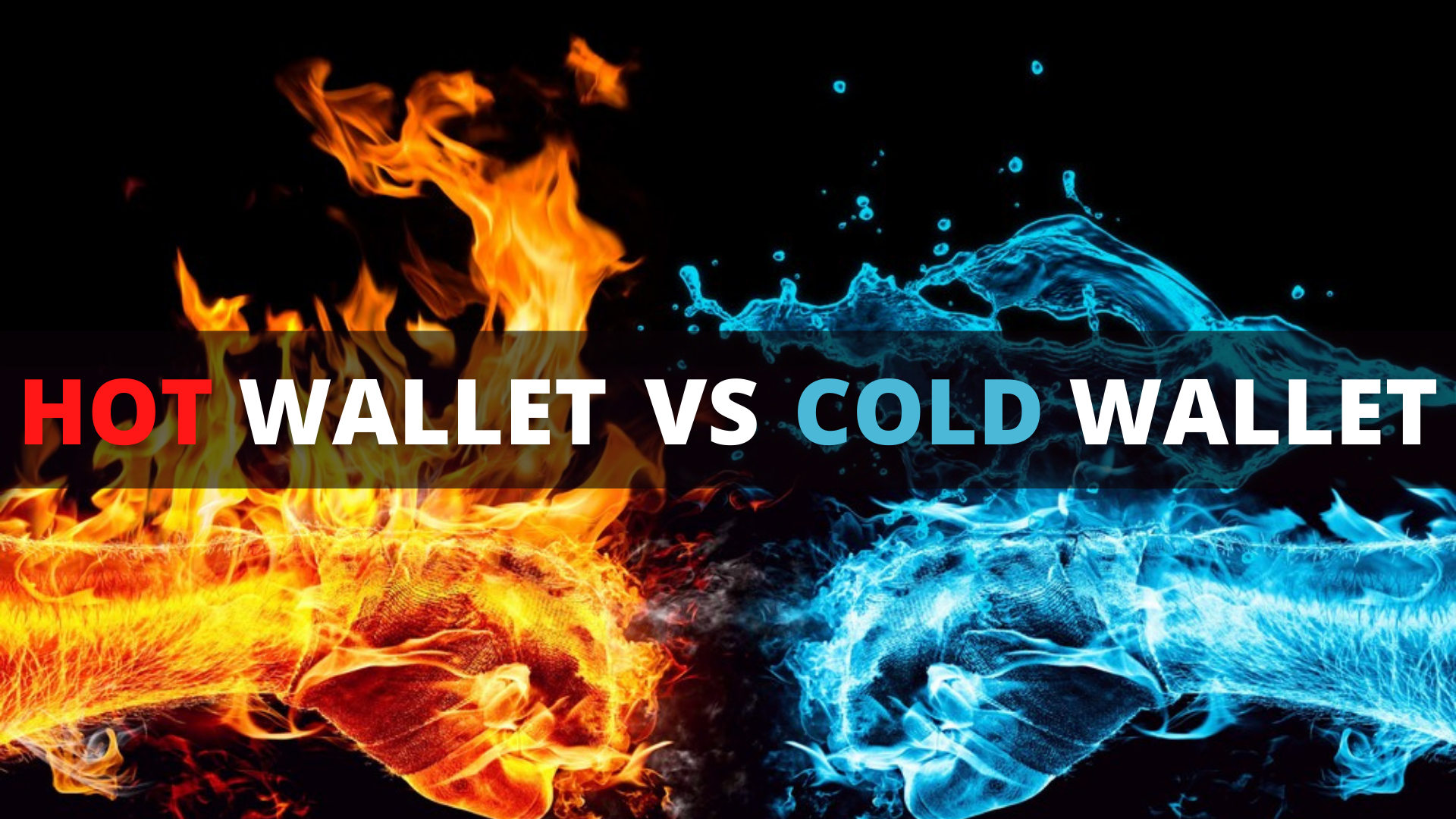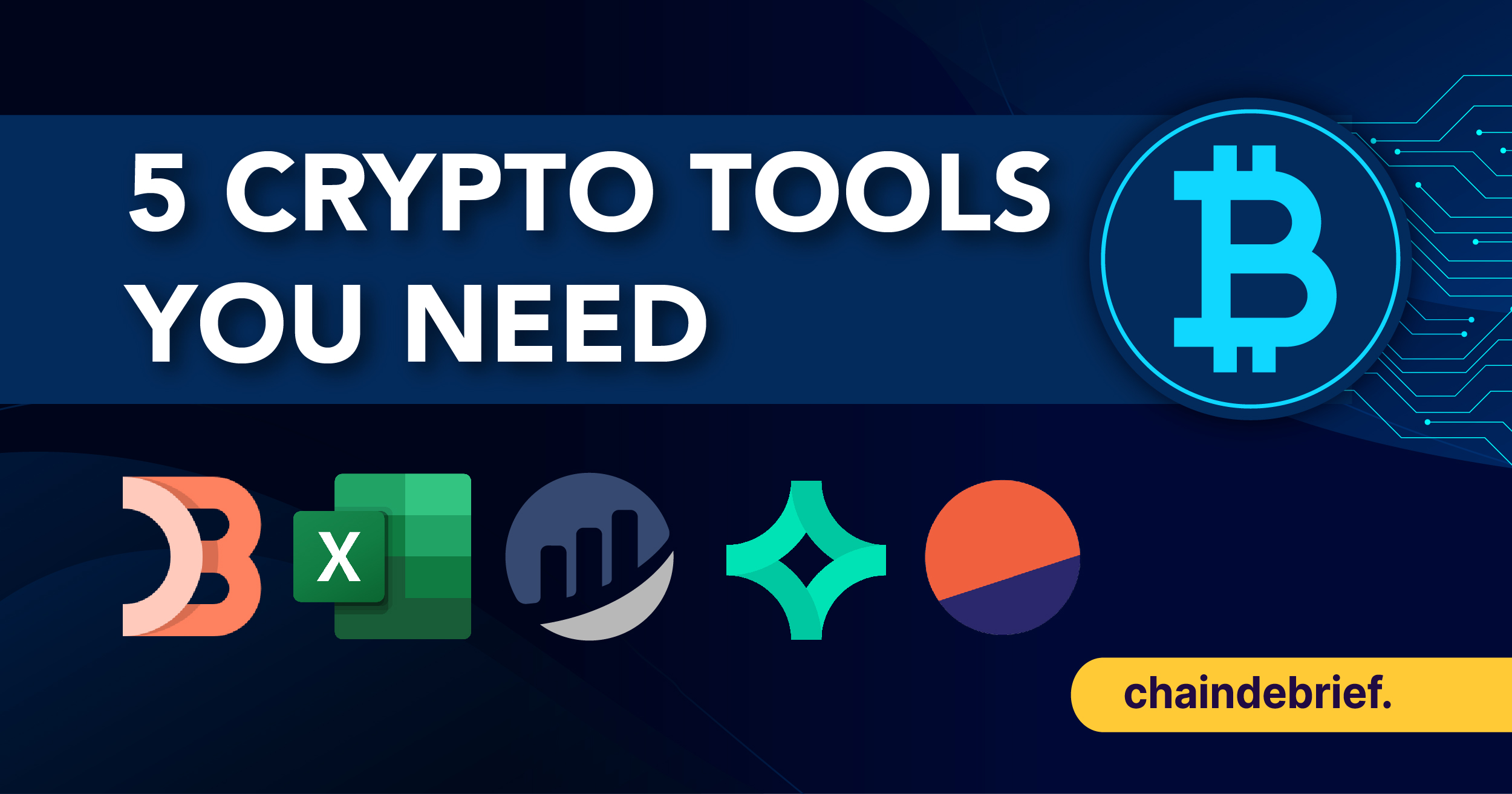If you are exploring the decentralized finance (DeFi) space, you will inevitably have a digital wallet, with the most popular digital wallets being Metamask and Trust Wallet.
The beauty of Metamask is that anyone can easily create an Ethereum wallet address and instantly use it to transact with all the decentralized applications.
Beyond just the Ethereum network, the same address can also be configured to transact with decentralized applications on other different blockchains such as the Binance Smart Chain, Polygon, Fantom, Harmony and more.
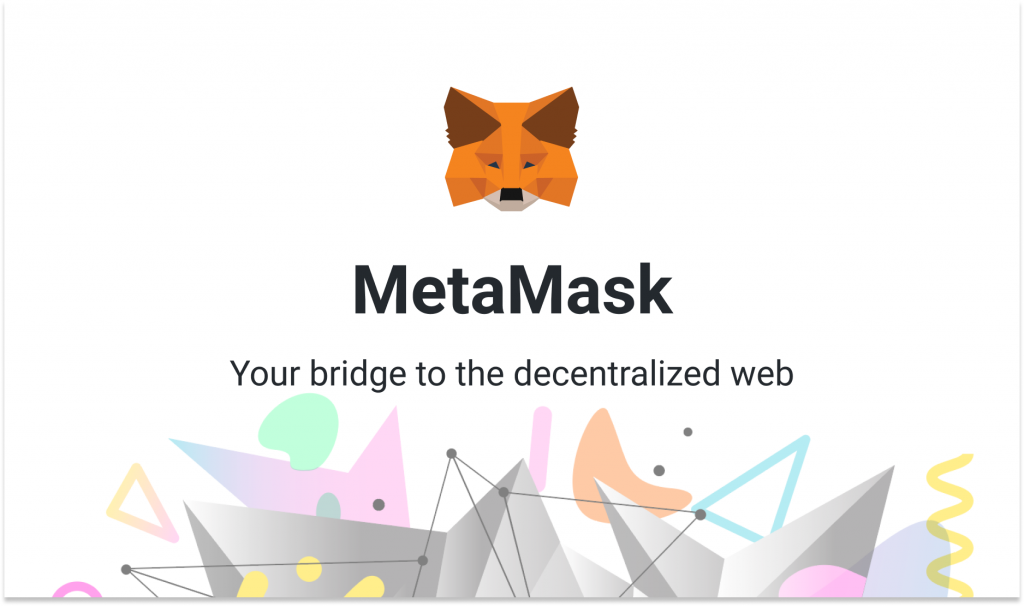
Furthermore, as blockchain transactions are immutable and stored on the chain, is it quite easy for new projects to send their new coins to backers of existing popular projects.
For example, if I am the creator of a new NFT project and I want to drop my NFT to all the holders of the popular Bored Ape Yatch Club holders, I simply need to go to the BAYC Etherscan project page to find all the wallet address of the holders.
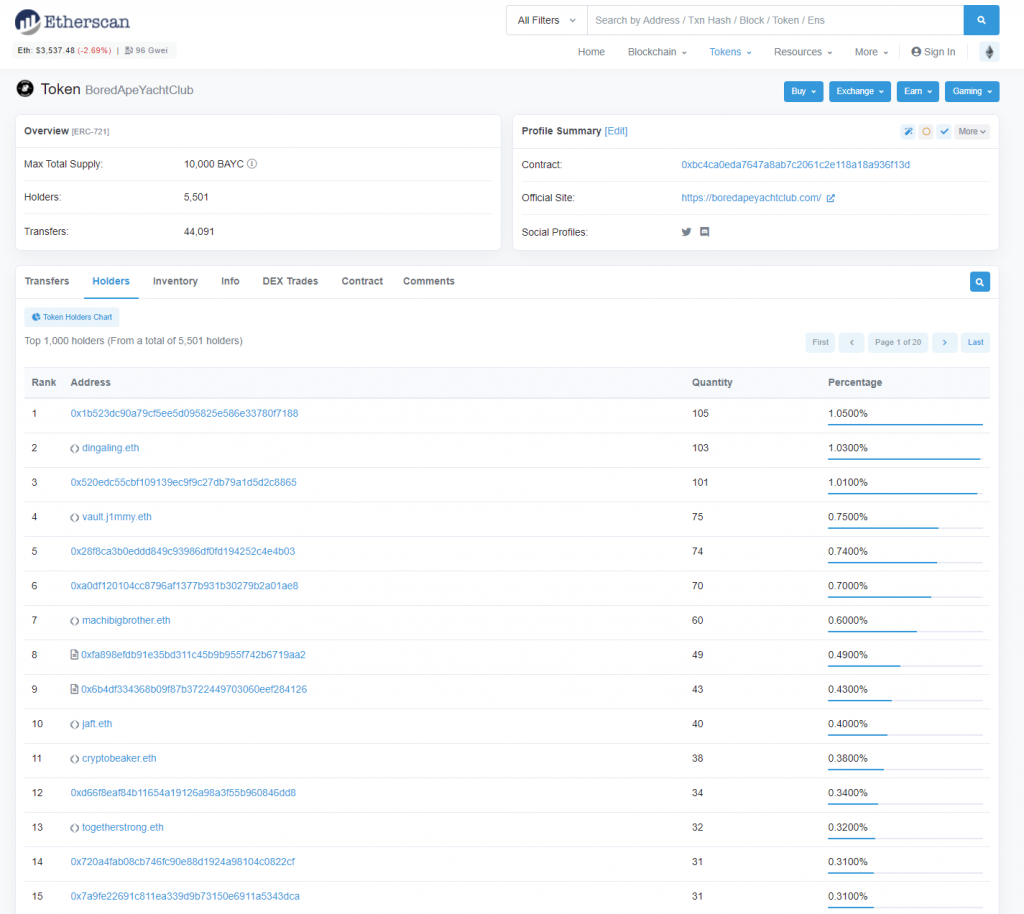
Or, if a new project on the Binance Smart Chain wants to market its protocol to users on the BSC network, they can simply look at all the addresses of Pancakeswap, which is the main AMM for BSC.
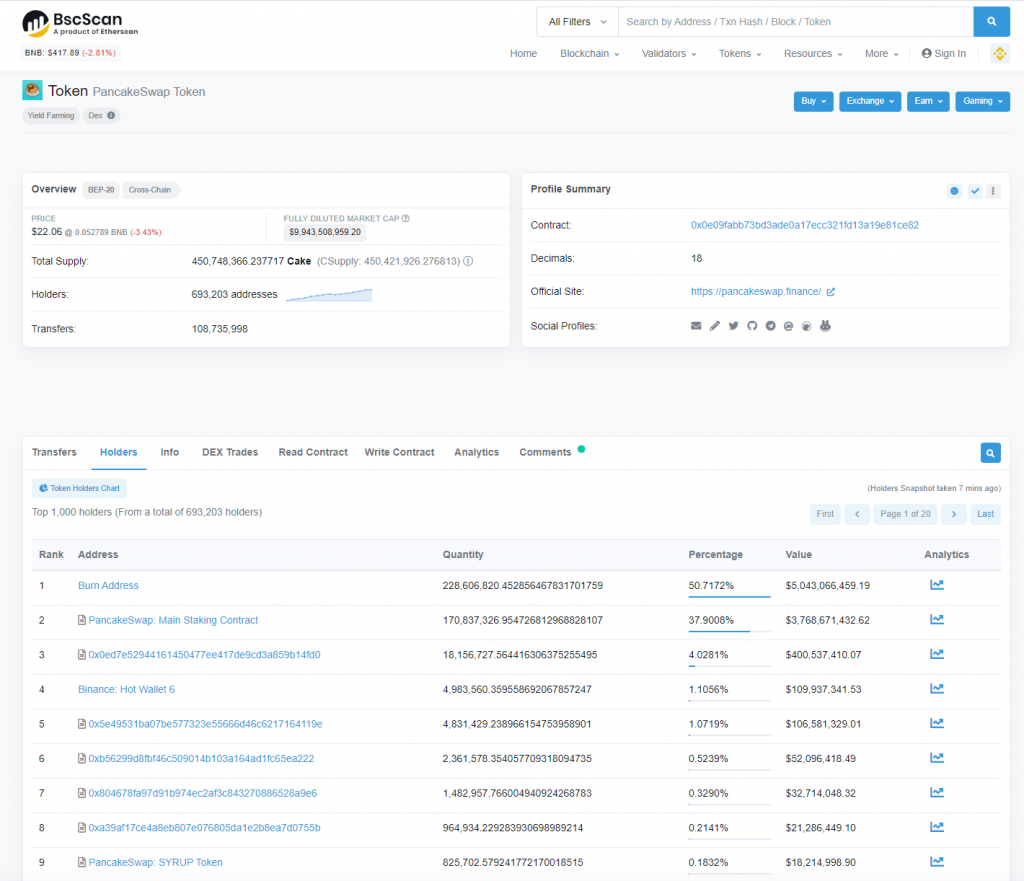
While transparency is good, these lists of wallets are also the targets of bad actors who will use this to airdrop tokens of scam coins to crypto investors in hopes of them checking out their website and then interacting with, or purchasing these coins.
Hence, it is not uncommon to see random coins appearing in your digital wallets. Anyone can check the block explorer to see which wallet transacted on the blockchain.
For example, here are some coins that appeared randomly on my BSC wallet:
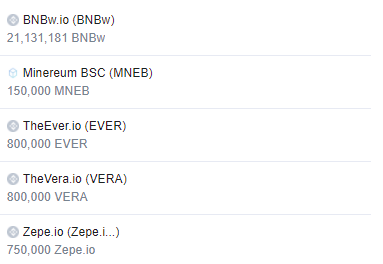
So yes, I became the owner of BNBw.io, The Ever.io, The Vera.io and Zepe.io.
However, if you click on the blockchain tracker page of these projects, you will find that they are coins exhibiting scam behaviours:
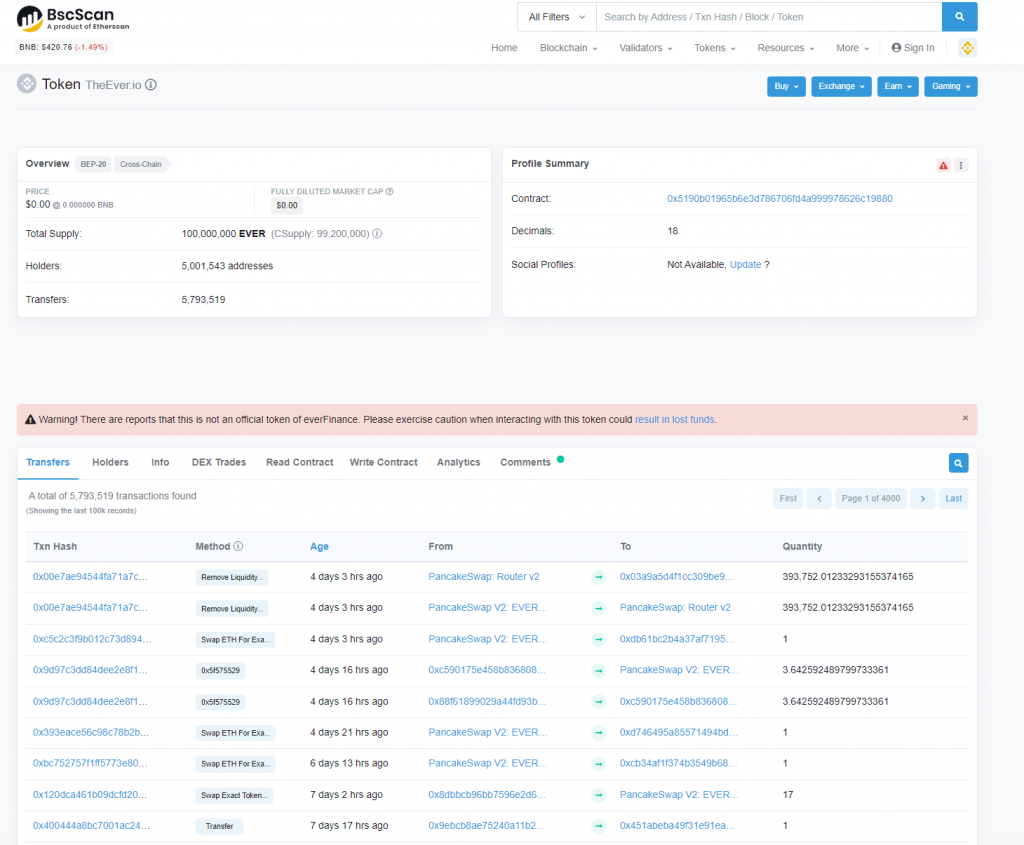
What do I do with these random coins?
The only thing that you can do is ignore these random coins and remember not to interact with any smart contracts of these coins. Interacting with these smart contracts may give them access to your wallet which may cause them to drain your wallet, and you may end up with stolen funds.
Another red flag is that if someone airdrops you a token and then requires some information or referral. You should stop all communication with that person.
Similarly, if someone you do not know gets in touch with you and requests for your wallet address, personal info or even your private key, do refuse that as well. This is a well known scam that has been going on for some time.
Another good habit when interacting with decentralized applications is that you should only use audited apps like Pancakeswap if you have to absolutely swap coins of unknown origins. Research the contract itself on the explorer, and check to see if there’s a Telegram group or a Twitter account on that project.
Do not approve any smart contract transactions if you are not sure how legitimate the team behind the actual token is. Remember, there will always be enough time to do proper research.
Featured Image Credit: Icon Pinas
Also Read: How To Use MetaMask To Take The First Step Into The World Of Decentralized Finance
